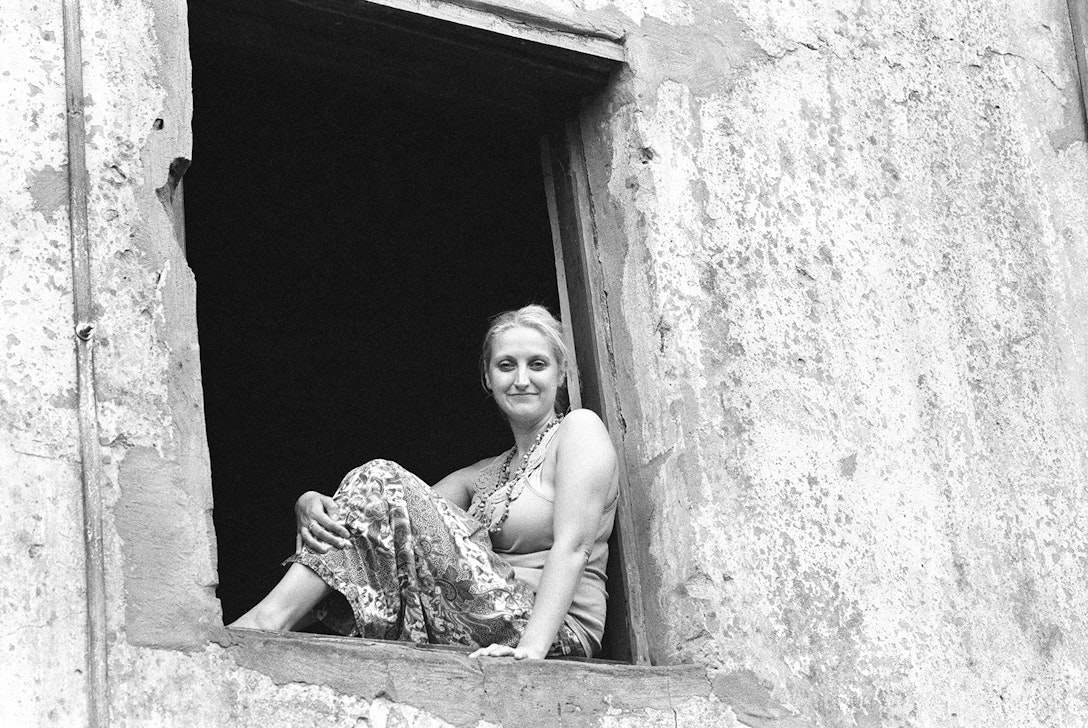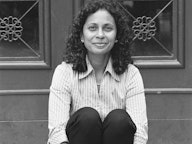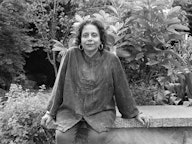
Heidi Williams
Hermannsburg, Australia
Disassociating Myself from the Religion
I had to actually disassociate myself from the religion for me to leave. It was very hard because I had grown up knowing—and they openly told us this—that if you choose to leave, you are cut off from everything you’ve ever known. They don’t let you associate with anything outside of their religion. But I still did it because I felt it was something I had to do.
So I had nothing. They burned the mattress I slept on. They tried an exorcism before I left just to see if it was something that had been influencing my mental capacity like a Madonna CD or something like that. You know? They were very restrictive on what you listen to, watch, and who you associate with.
The first two years after I left were very trying and testing. It involved antidepressants and lots of searching, and not knowing who I was, and where I was going, and where my place was. As well there was the guilt. There was an extreme guilt that they instilled in me from a young age: “Oh, if you ever stray from the flock, then this is what’s going to happen and you’re with Satan.” You know? All these bad things are going to happen and the people in the world are Satanic.
It was a huge minefield to have to weave through. So what I did was I just travelled. I used to work in the pharmacy, and then every weekend I’d just go. I’d pick a place, and I’d just go. It opened my mind up because I got to visit different people. I never really got into drugs or alcohol ‘cause I knew that was going to affect my mental capability of being able to form an opinion or to make a judgment on any situation.
So I travelled a bit, just within Australia. Met different people. I went to different churches. I went with Hare Krishna groups. I had a really good feel for what was going on in the world and what everyone was into. And I came to discover that the people in the world weren’t that bad, and that pretty much we’re all the same. We all sin. We’ve all got our bad habits. We’ve all got the basic faith in the unknown—but it’s still a faith.
I spent a lot of time with the Aboriginal people here who reinforced how small humans are in the scheme of nature, and how powerful nature is. Look at what’s happening right now. Storm right here. But it’s just something that humans have no control over. And we think we’re smart. We think we’ve got this huge control over what we do and what we perceive as reality, and in retrospect, we’ve got no power, and no control at all. And part of their traditional beliefs is that they come from the land, so the way that they treat the land is very important because that’s their ancestry, lineage, that’s their future generations. So that’s why they tend not to even touch it. It’s just there; you don’t touch it.
And I think that’s where God is. God’s in all of us, but God’s in nature. And I think the more attached, and the more aligned you can get with that, the more faith, and, the more spirituality you find.
Those first two years after I left that religion, I was thinking, “Ah, you know, there probably isn’t even a God. There probably isn’t even anything out there. It’s just people creating things.” You know? That was very hard. But the more time I spend in nature, which is why I live in such a remote area, and I choose to live in a remote area, is because you get to appreciate God every day in everything that you look at.
Explore the portraits by theme
- happiness
- grief
- addiction
- sexuality
- sobriety
- transgender
- alcoholism
- suicide
- homelessness
- death
- aggression
- cancer
- health
- discipline
- abortion
- homosexuality
- recovery
- connection
- enlightenment
- indigenous
- depression
- meditation
- therapy
- anger
- forgiveness
- Doubt
- interfaith
- worship
- salvation
- healing
- luminaries

